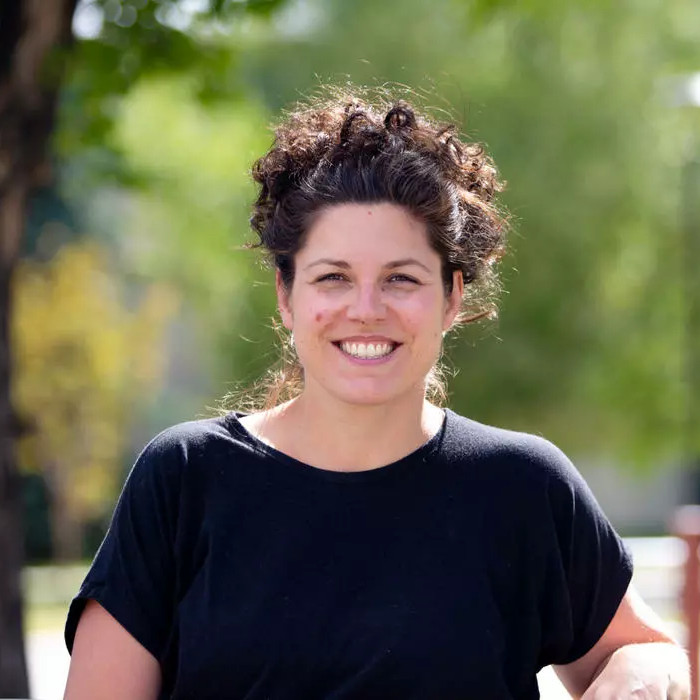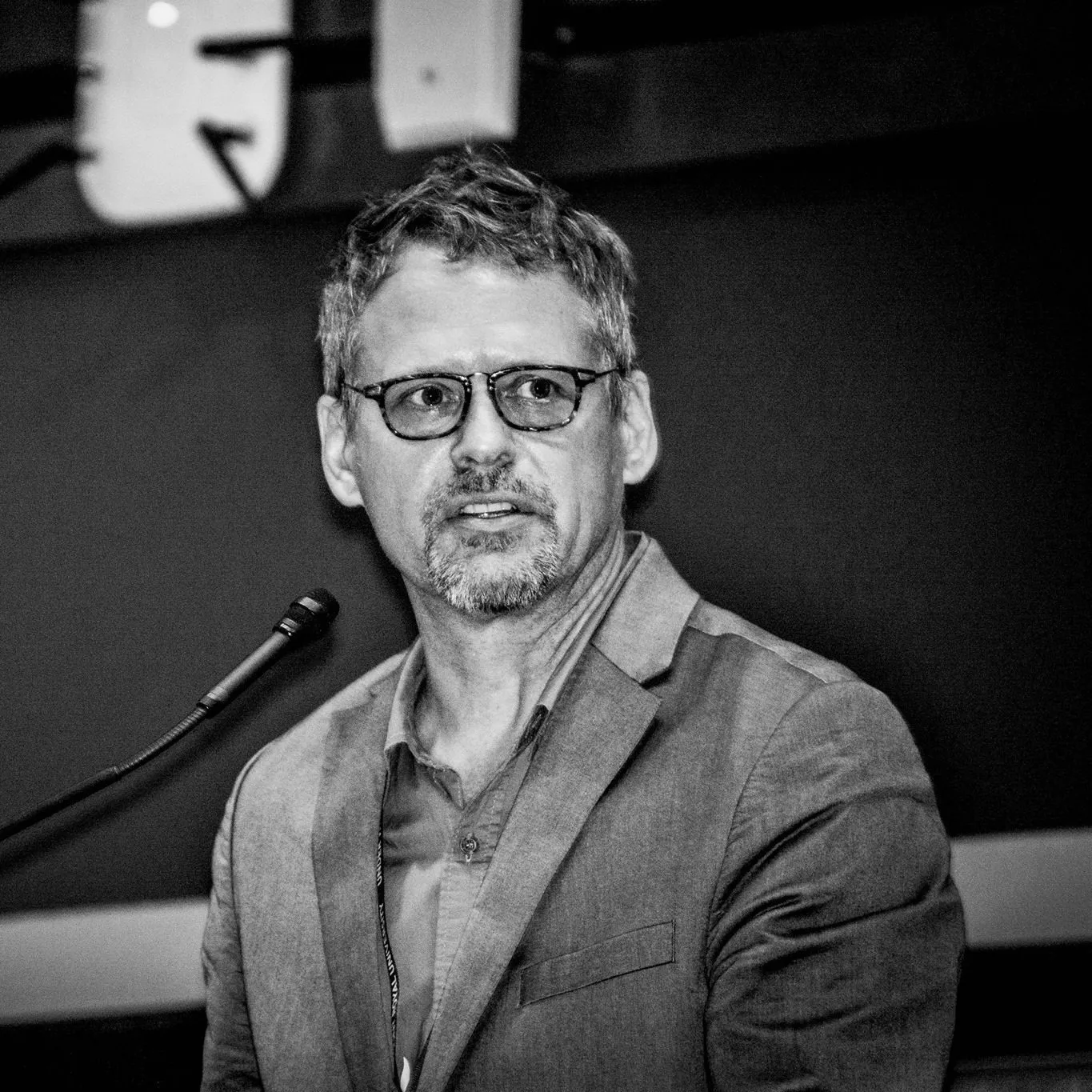A Queer Métis writer and scholar from Winnipeg, Kenneth is completing his English Honours at MRU while serving as Founder and President of the Write Club, a creative collective for young adults on campus. He has indepedently published several chapbooks, and his work explores the hopeful future of digital literature and Indigenous narrative sovereignty.
B. Kenneth Brown is an accomplished Queer Métis writer, scholar, and open-source web developer serving as the Founder and President of the Write Club. Currently completing his English Honours at Mount Royal University, his academic work explores Indigenous resilience, identity, and narrative sovereignty. His recently published research in the Mount Royal Undergraduate Humanities Review examines Indigenous representation in graphic novels, specifically analyzing “Nimkii” from This Place: 150 Years Retold and its portrayal of community resilience during the Sixties Scoop.
As a poet, Brown’s debut chapbook Holy Waterfall: 16 New & Selected Poems for Mohkínstsis akápiyoyis & the Red River (2023) weaves together themes of Indigenous identity, spirituality, and personal transformation. Through confessional poetry and outsider art, his work creates spaces for healing and celebration while exploring the intersections of Queer and Indigenous perspectives.
Combining his passion for literature with community development, Brown dedicates himself to empowering marginalized voices and creating lasting impact through storytelling. His multifaceted expertise spans creative writing, technical documentation, digital marketing, and educational initiatives. Whether developing innovative content strategies or fostering community engagement, he approaches each project with analytical insight and collaborative spirit.
Connect with Kenneth to discuss new opportunities or share ideas over a cup of decaf coffee at mail@brennanbrown.ca
Presentation
Kenneth’s thesis presents a bold metadisciplinary examination of the English major within Canadian universities. This innovative research project argues for the radical reconstruction of the degree through three key approaches: democratization (dismantling paywalled elitism), decolonization (challenging Eurocentric curricula), and Queering (embracing diverse identities in content and approach). Grounded in Freirean pedagogy of love, the thesis positions the English degree as an essential force for fostering critical thinking and reducing societal polarization.
The project uniquely combines rigorous academic analysis with creative autoethnography. The scholarly component includes comparative analysis of English degree requirements across Canadian universities, examination of course syllabi, and synthesis of existing research on decolonial approaches to education. This is complemented by a modern “campus novel” that explores academia from 2SLGBTQ+ and Mixed-Indigenous perspectives, while deconstructing and reimagining the Dark Academia genre that significantly influences Generation Z’s perception of literary studies.
Through this dual approach, Brown’s thesis addresses critical issues in higher education while demonstrating the English degree’s potential as an emancipatory force. The research provides practical frameworks for institutional reform while exploring how love for literature and language can revitalize the degree’s perception among digital native students. This work contributes to ongoing conversations about the future of humanities education, arguing that a transformed English degree is vital for developing the next generation of concerned, empathetic citizens.





